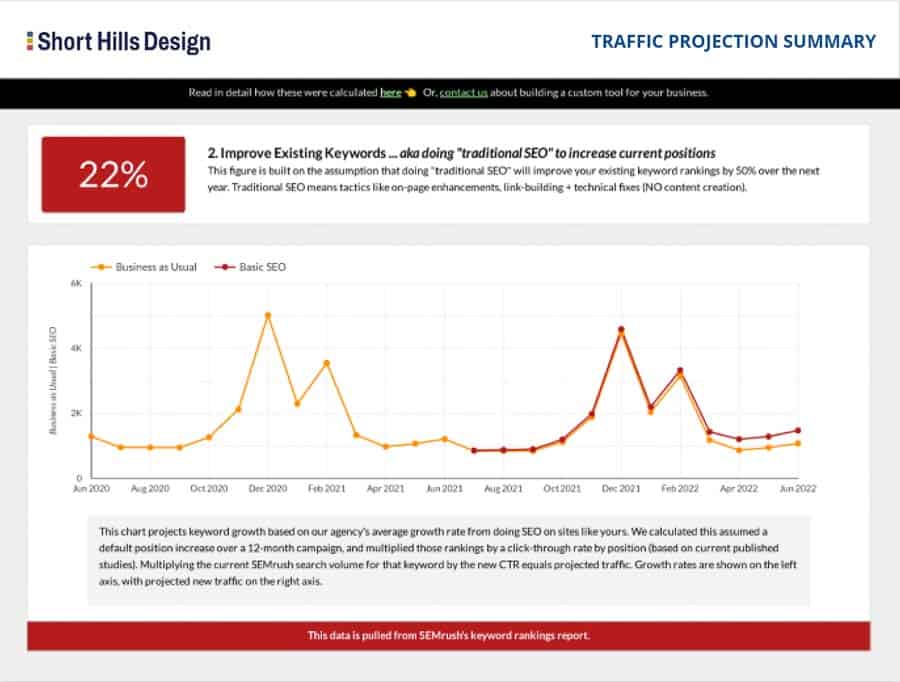
Search Engine Optimization (SEO) is the process by which carefully selected keywords (search terms) are added to specific pages on a web page in order to improve that web page’s ranking in a search engine search.
A search term is exactly the same thing as a keyword – that is, a word, words or phrases that a user types into a search engine. A keyword can be one word like “dermatologist” or it can be a phrase such as “dentist long island ny” or anything in between.
The goal of SEO is to make your web pages appear in the top rankings on search engines. The idea is that if your web pages rank highly – especially for multiple search terms, then more people will see your web page listing and more people will visit your website.
You need SEO for your dental or medical website because without SEO you are less likely to appear in search engine listings. And if you don’t appear in search engine listings then you are missing out on a tremendous source of potential new patients – that is, people searching on the internet.
You also need SEO to keep up with your competition. As more and more providers build website, there will consequently be more websites for potential new patients to see. So you need SEO to stand out among your competitors.
Remember, part of what determines your web page’s position in search engine rankings is the level of competition. Let’s look at a ridiculous example to underscore this point. If you are the only dentist on the planet Mars, then if someone does a Google search for “planet Mars dentist” then your web page with the “plant Mars dentist” keyword – let’s say the home page in this example -- will likely be ranked #1. But if you are in a large metropolitan area such as New York City, you will find that there are a very large number of dentists (your competitors) who also want pages on their websites to rank #1 in Google for the search term (keyword) “dentist new york city”. Remember that there are other factors that go into what makes one web page rank higher in a search engine listing than another web page, but these factors are beyond the scope of this short article.
I make this distinction because keywords are added to specific pages on your website and not to the website as a whole. So technically speaking when your website appears on a Google search listing it may look like the whole website is coming up, it’s actually a particular page. It's just that the page is often the home page.
So there's a quick intro to SEO. There's a lot more to know but this is a good starting information base.

